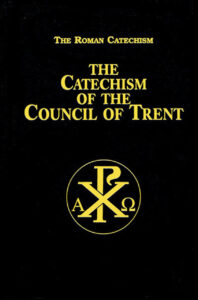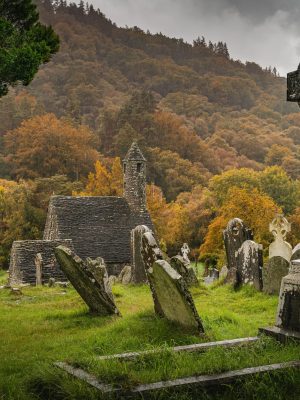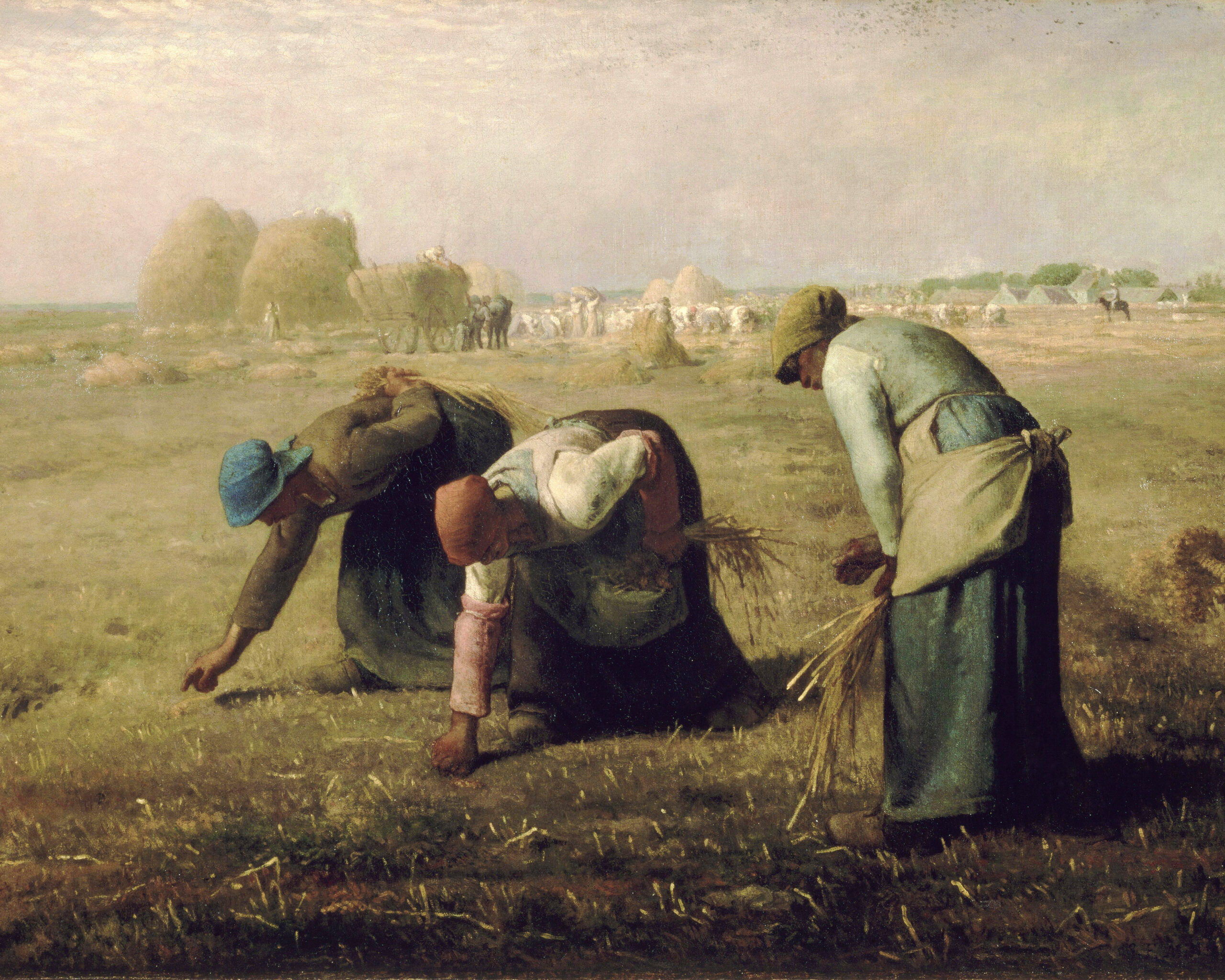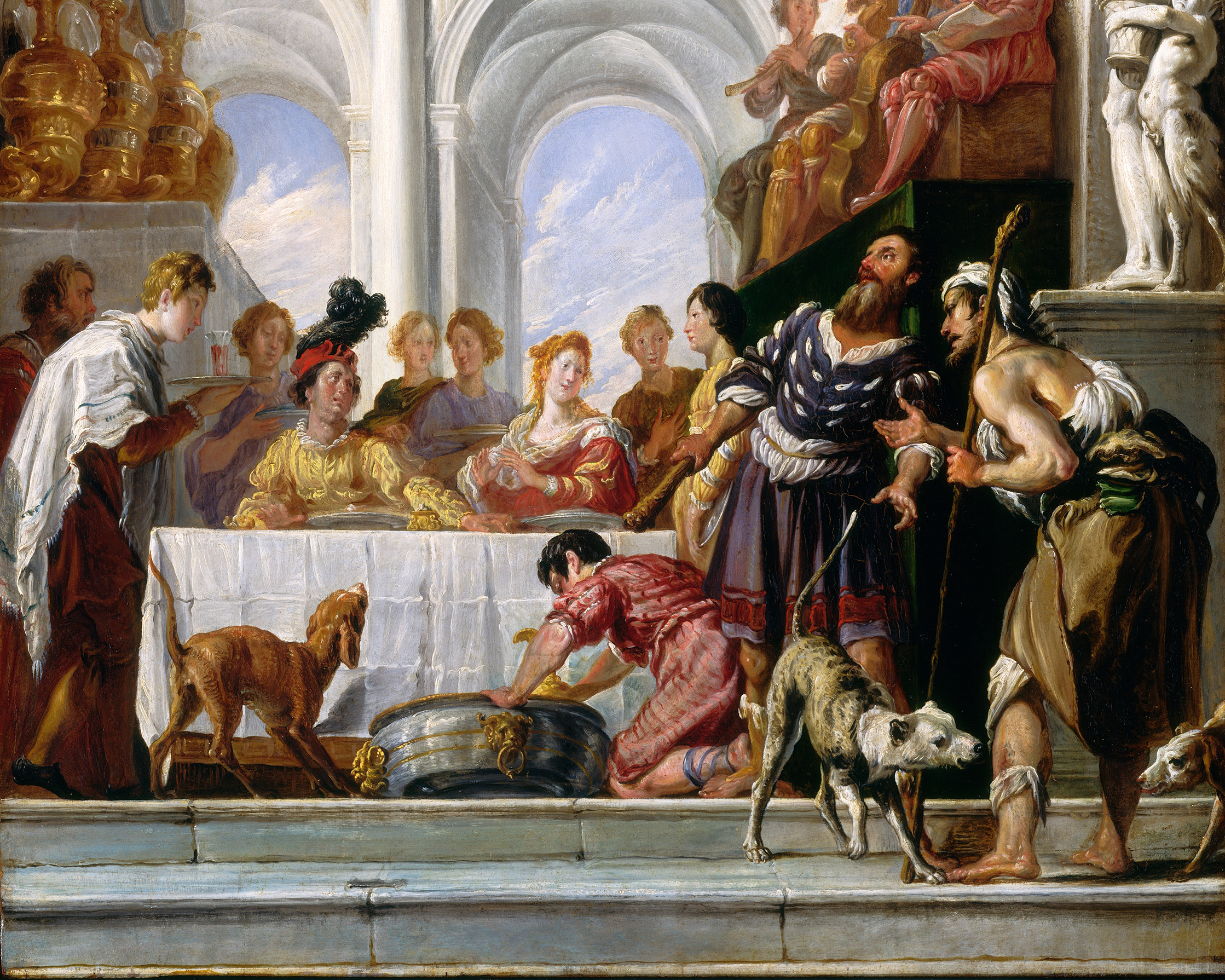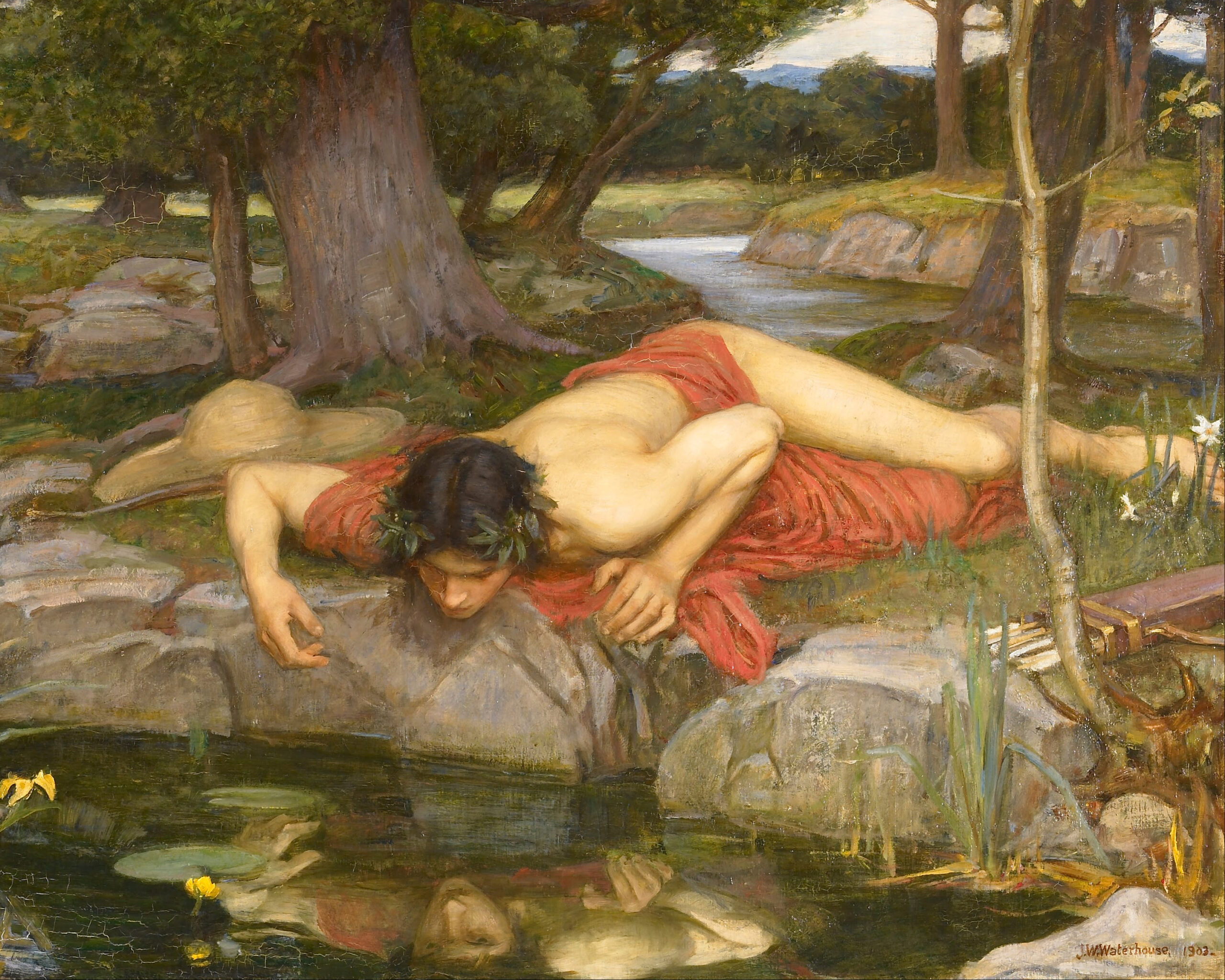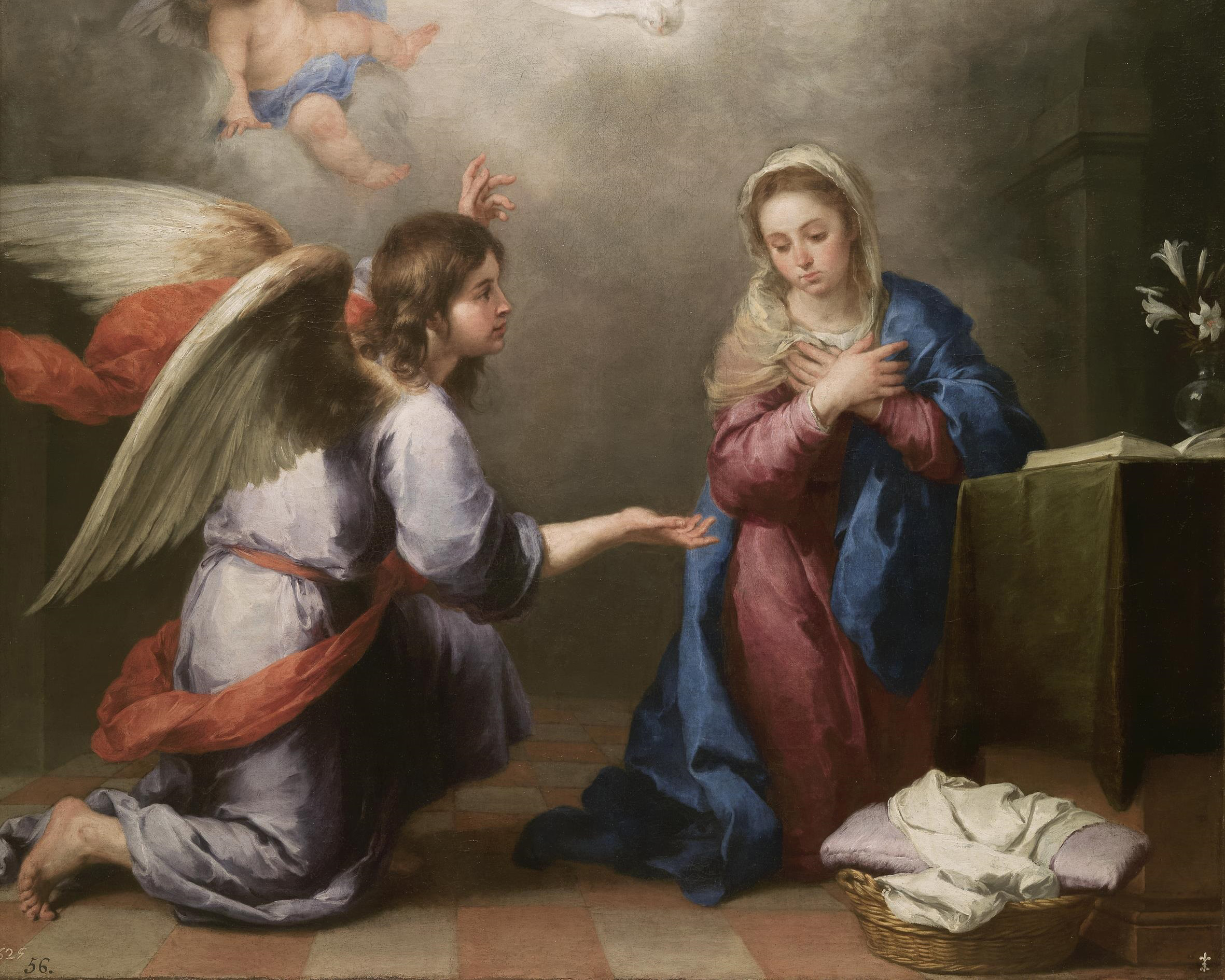THE SENTENCE OF THE JUST
The form and procedure of this judgment the pastor will easily learn from the prophecies of Daniel (Dan. 7:9; Matt. 24; 25; Mark 13; Rom. 2), the writings of the Evangelists and the doctrine of the Apostle. The sentence to be pronounced by the judge is here deserving of more than ordinary attention. Looking with joyful countenance on the just standing on His right, Christ our Redeemer will pronounce sentence on them with the greatest benignity, in these words: Come ye blessed of my Father, possess the kingdom prepared for you from the beginning of the world. (Matt. 25:34). That nothing can be conceived more delightful to the ear than these words, we shall understand if we only compare them with the condemnation of the wicked; and call to mind, that by them the just are invited from labor to rest, from the vale of tears to supreme joy, from misery to eternal happiness, the reward of their works of charity.
THE SENTENCE OF THE WICKED
Turning next to those who shall stand on His left, He will pour out His justice upon them in these words: Depart from me, ye cursed, into everlasting fire, prepared for the devil and his angels. (Matt. 25:41). The first words, depart from me, express the heaviest punishment with which the wicked shall be visited, their eternal banishment from the sight of God, unrelieved by one consolatory hope of ever recovering so great a good. This punishment is called by theologians the pain of loss, because in Hell the wicked shall be deprived forever of the light of the vision of God. The words ye cursed, which follow, increase unutterably their wretched and calamitous condition. If when banished from the divine presence they were deemed worthy to receive some benediction, this would be to them a great source of consolation.
But since they can expect nothing of this kind as an alleviation of their misery, the divine justice deservedly pursues them with every species of malediction, once they have been banished. The next words, into everlasting fire, express another sort of punishment, which is called by theologians the pain of sense, because, like lashes, stripes or other more severe chastisements, among which fire, no doubt, produces the most intense pain, it is felt through the organs of sense. When, moreover, we reflect that this torment is to be eternal, we can see at once that the punishment of the damned includes every kind of suffering. The concluding words, which was prepared for the devil and his angels, make this still more clear.
For since nature has so provided that we feel miseries less when we have companions and sharers in them who can, at least in some measure, assist us by their advice and kindness, what must be the horrible state of the damned who in such calamities can never separate themselves from the companionship of most wicked demons? And yet most justly shall this very sentence be pronounced by Our Lord and Saviour on those sinners who neglected all the works of true mercy, who gave neither food to the hungry, nor drink to the thirsty, who refused shelter to the stranger and clothing to the naked, and who would not visit the sick and the imprisoned.
This article is taken from a chapter in The Catechism of the Council of Trent by Pope Pius V, which is available from TAN Books.
